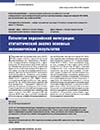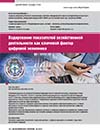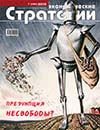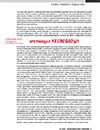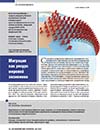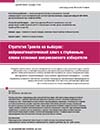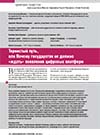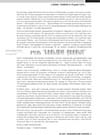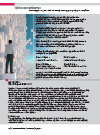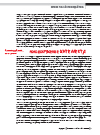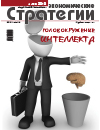
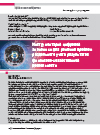
DOI: 10.33917/es-5.163.2019.28-39
The main problem of managing economy at the military-industrial complex enterprises is the separate accounting of results of financial and economic activities in terms of introducing separate bank and personal accounts for each contract with the buyer of a particular type of product in order to establish control over the payments costs through the performers’ cooperation chain within the requirements of state regulation of the state defence order. Physical division of financial flows of each defence industry enterprise into separate accounts has already caused sharp increase in the number of accounts – from several ones to one and a half thousand — and to significant increase in debt loan, which doubled in half a year and by July 2019 amounted to more than 2 trillion roubles. The problem is aggravated due to conflicting requirements of regulatory legal acts, which requires to fill out report forms reflecting the different contract price structure according to the state defensive order for submission to the Defence Ministry and the Federal Treasury. But most of all, they contradict the economic nature of operations reflected in accounting and do not provide control over payments, since the chosen implementation technology is wrong. It is necessary to change radically the approach to solving the above problem, which can be eliminated only by developing an innovative model of digital system for managing economic activity through reflecting the economic activity data in the indicators codes of accounting objects and codes of business transactions in digital form. And above all, it is necessary to make all payments on one individual account, taking into consideration financial and economic flows reflecting business operations on an accrual and cash basis, to implement separate accounting of financial and economic activities results and to establish effective control over payment costs.
Продолжить чтение


 Alexander I. Ageev
Alexander I. Ageev
